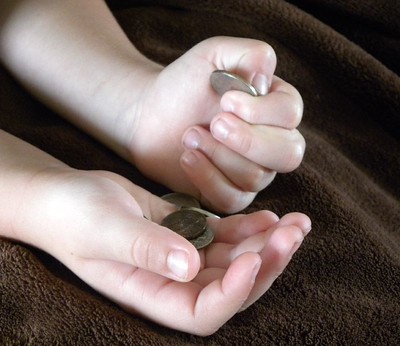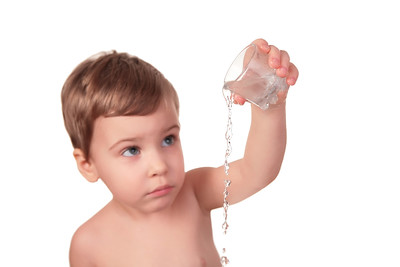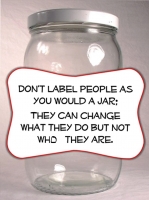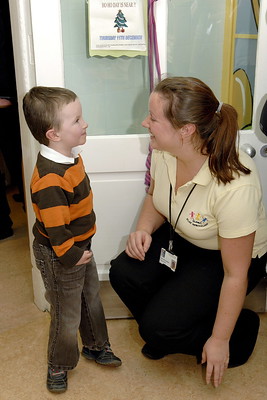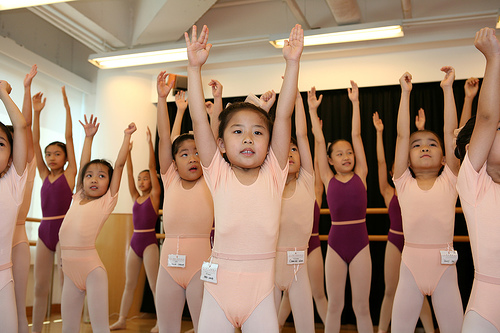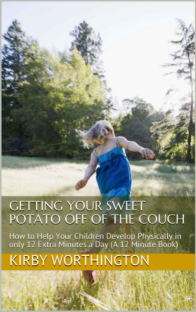Structured activities and classes for preschoolers abound these days. Amid the dazzling array of opportunities, how do we know what choices are beneficial for our kids, and how much is too much?
A good rule of thumb for preschoolers is to use their age as a guideline for the number of group activities a week. A two-year-old probably can't handle more than two classes a week (this includes religious services/Sunday school), and a three-year-old shouldn't have more than three a week. It's also important to know your child's personality here. Are they energized by being around people? Do they do better in smaller classes or just doing activities with one other friend? Follow your child's lead.
Art, music, and sports can all be fabulous for preschoolers. The important thing is that they be physically engaging, age appropriate, and focused on experience rather than outcome. Look for activities that provide tactile learning experiences and opportunities to explore and experiment. Choose sports that don't focus on competition, but rather on learning skills, teamwork, and having fun. Swimming is a lifesaving skill to have, and it can be a great physical activity to start early. Gymnastics teaches kids balance and coordination, resulting in fewer injuries.

